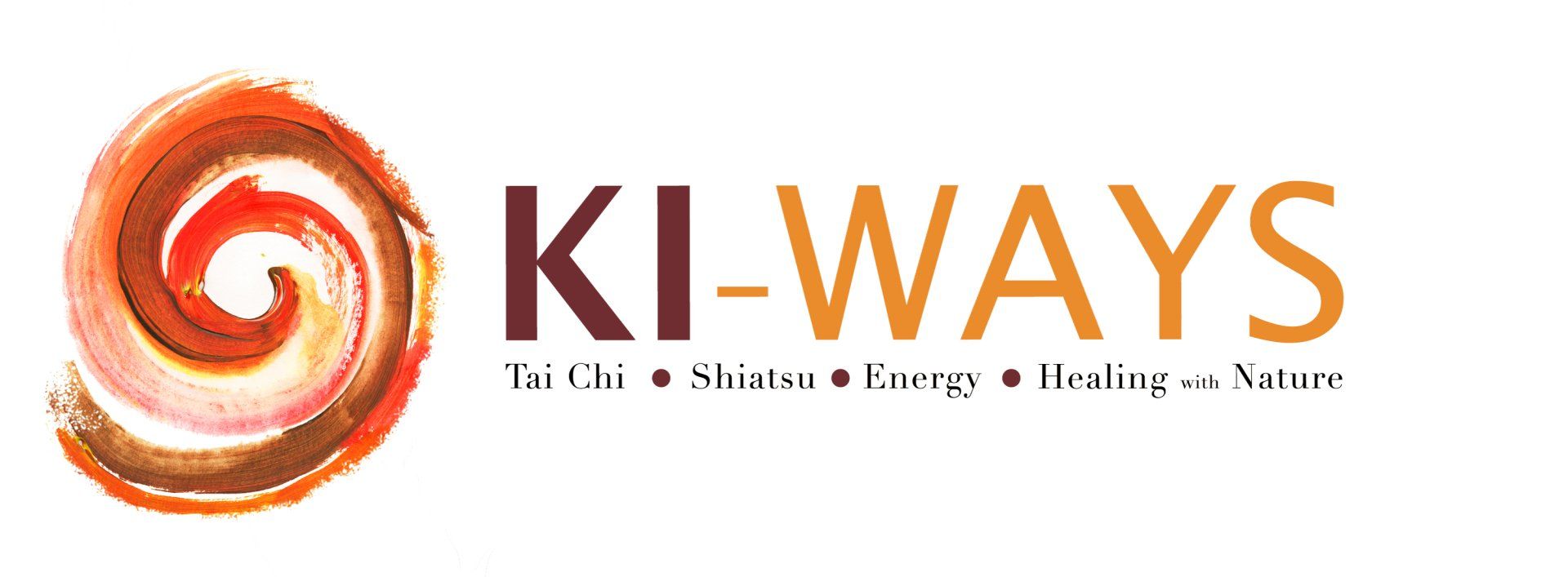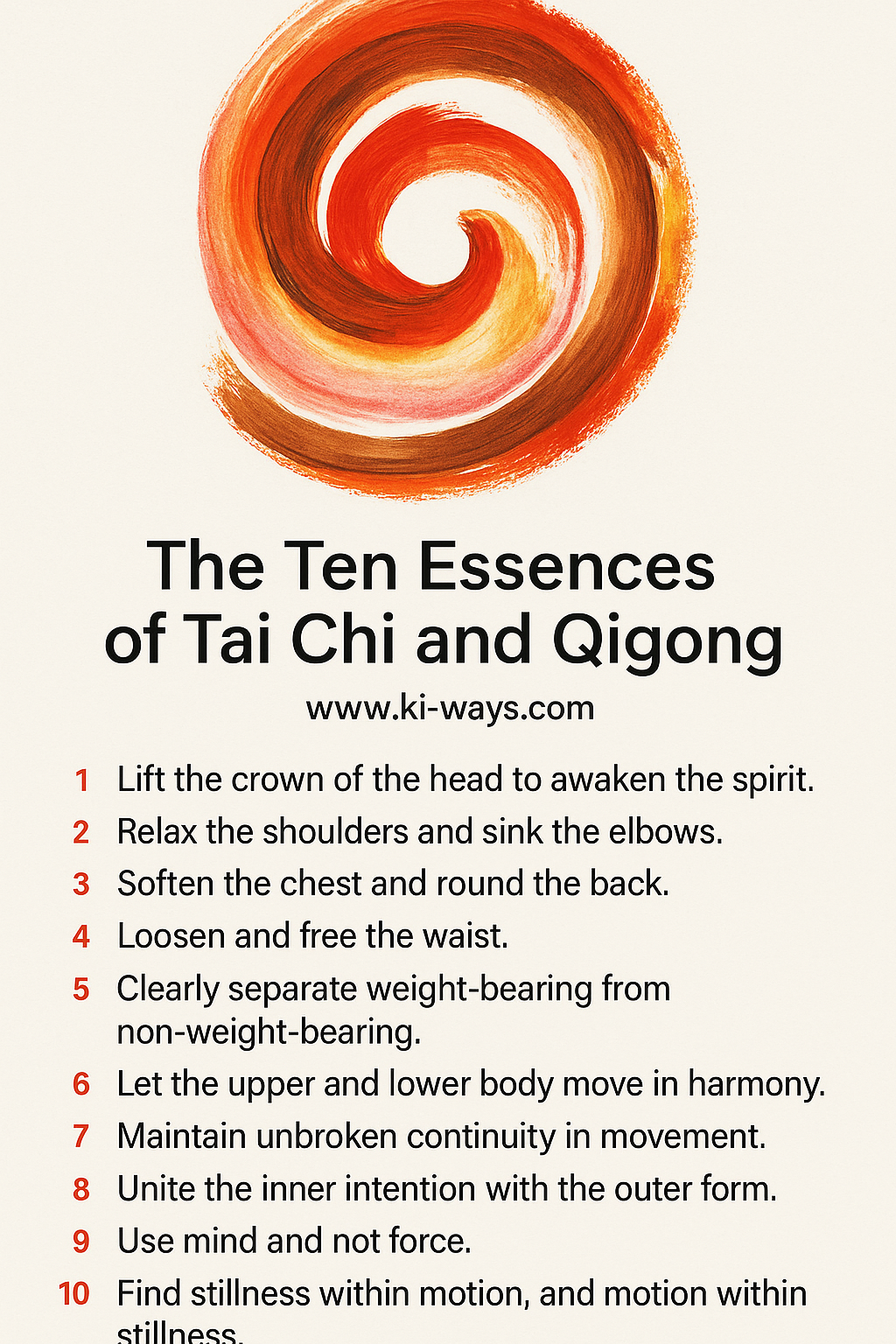Where is your Mind - Science and Taoism meet in your belly!
Our belly brain and the vagus nerve.
Where is your mind?
What a silly question! Obviously, your mind is in your brain.
Or is it! Have you ever had a "gut reaction" or enjoyed music that "comes from the heart", fallen in love or had butterflies in your stomach? OK, the brain may be the central processor in the middle of all thought - but these thoughts and emotions certainly feel like they come from your body.
The ancient Taoists thought about this a lot and came up with an idea that we actually have three brains - the head, the heart and the gut.
Your head is supposed to observe and manage the rest of the body. The gut brain is for your instincts and your heart brain is where your true self resides. If you remember the last time you had an intuition that something was going to happen, you will probably remember feeling it in your belly.
Maybe you remember listening to a piece of music and feeling like the music was singing to your heart? It's not an intellectual thing - you just feel it in your heart.
When your head brain relaxes allows the heart and gut brain to work, then we are working at our optimum levels. The trouble is that the head brain is like an over controlling boss. It is always telling the other brains what to do.
Have you ever had a boss like that? So busy telling you what to do that they never listen to you. You just give up in the end and let them get on with it - but you are not happy!
Modern science is catching up with the Taoists. We have an important nerve called the vagus nerve that goes from our guts to our brains and connects our internal organs to our nervous system. The communication is two-way.
This means that if our guts are feeling stressed that the message goes back to the brain and we feel stressed. Also, if our mind is in a stressful state, it will affect our gut. We end up in a spiral of stress.
The condition of this nerve system is deteriorated by many aspects of modern living such as stress, poor posture, the wrong food and other contributing factors.
Here's the interesting bit. According to modern research, if you want to improve the condition of your vagus nerve, some of the best ways to do it are slow and mindful breathing with a movement and stretching.
The disciplines of Tai Chi, Qigong and meditation are all known to increase vagal tone - the technical name for the condition of your vagus nerve. Having a Shiatsu treatment is like re-booting your nervous system and is also very helpful.
A high vagal tone is associated with lower blood pressure, improved blood-sugar regulation, improved digestion, better mood, reduced anxiety, and reduced risk of stroke and cardiovascular disease. Perhaps one of the largest benefits of a higher vagal tone is the ability to relax faster after stress
The language of modern science and ancient Taoism may be very different but here we have a very clear example of ancient meeting modern and coming up with the same result.



